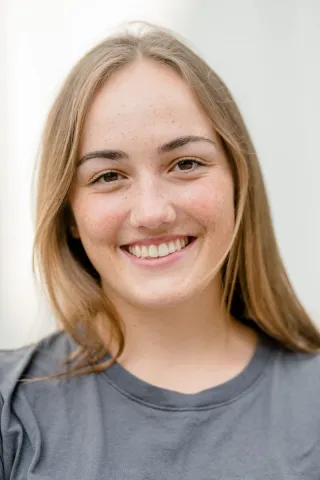Master 1 subject
English and American Studies, Master 1 subject
- Is Shakespeare relevant and if so, why?
- What comes after the Brexit?
- What kind of different English accents are spoken in the world today and why?
- How did 9/11 impact American literature?
- What does the “American Dream” mean today?
Profile |
|
|
Degree
|
Master of Arts
|
|
Start
|
Winter- and summer semester
|
|
Duration
|
4 semesters
|
|
Classroom language
|
English
|
|
Admission
|
Not restricted, application at the faculty required
|
Other degree programs in the subject
rub


